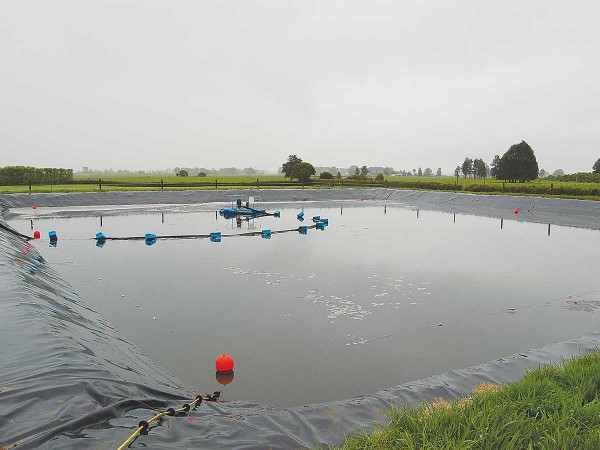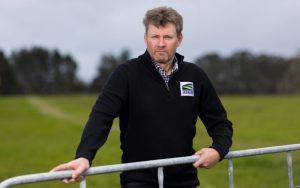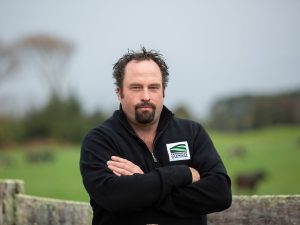
Federated Farmers Waikato dairy chair Ben Moore calls the three recent cases of Waikato farmers copping fines totalling $116,000 for effluent management breaches “very annoying”.
Moore says farmers need to follow guidelines set out by the Waikato Regional Council and milk processors.
He says while a majority of farmers are investing in effluent management systems, a few are still digging their heels in.
“They will get caught over time and face the consequences,” Moore told Dairy News.
He says it’s cheaper to put in a pond and effluent system than most of the fines imposed by courts on defaulting farmers.
The three cases were heard by Judge Jeff Smith in the Hamilton District Court; prosecutions were taken by Waikato Regional Council under the Resource Management Act.
In the first case, Gerard Peter Wolvers, a South Waikato farmer with nearly 50 years’ farming experience, was convicted on three charges of unlawfully discharging dairy effluent into the environment and fined $61,600.
The discharges were over a two-day period in April 2018 and the incident was reported to the council by a member of the public. Council staff inspected the property and discovered a petrol-powered pump had been set up at the effluent pond for the purpose of lowering the pond level.
The effluent had been pumped into a nearby paddock where it had formed a flow path across farmland. An unknown volume of effluent made its way to a nearby watercourse that flows to the Waikeria Stream.
The total volume of effluent discharged was estimated to be between 300,000 and 400,000 litres.
Wolvers admitted to fuelling the borrowed pump, starting it, and then allowing it to run unattended until its fuel supply ran out.
In the second case, a Waikato farming company, J B Thomas & Sons, was convicted for a single offence relating to an underpass at its Reporoa property that was discharging effluent via a drainage channel to a water body adjacent to the Waiotapu Stream in July 2019. The company was fined $26,500.
In the third case, Michael David McMillan, a contract milker employed on a Turua dairy farm, was sentenced regarding a single charge for over application of effluent from a travelling irrigator in October 2018. The effluent flowed into a drain system that ultimately flows to the Waihou River. McMillan was fined $28,000.
“I expect that many in the farming industry will be very disappointed to see such cases continuing to be brought against their peers,” says WRC regional compliance manager Patrick Lynch.
“Particularly in the instance where there were three deliberate discharges of effluent into the environment by a vastly experienced farmer.
“These cases continue to be a source of frustration for all of those in the industry who have invested in the infrastructure to proactively manage their animal effluent effectively and work hard to manage it every day.
“I know that these cases also cause ongoing concern for the wider community and those advocating for an improvement in water quality.”
























